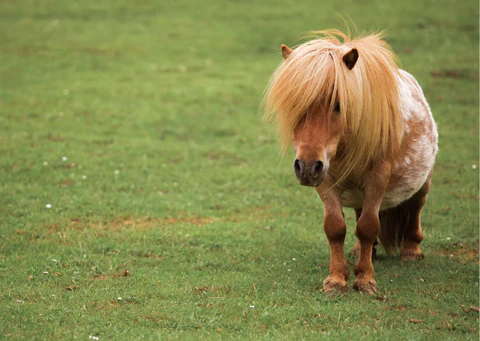Expert Horse Health & Wellbeing Blog

Colic is a common problem in horses that can range from mild abdominal pain to a life-threatening condition. Recognizing colic symptoms is crucial for timely treatment of this condition.

Studies have shown that nearly 70% of sport horses have gastric ulcers [1]. Gastric ulcers are highly painful and can lead to decreased performance, reduced appetite, colic, and other health issues. Read on to learn how gastric ulcers can develop, how to recognize them, and what you can do to prevent them.

You are what you eat. And that goes for horses too. If your horse is too skinny, chances are that his diet is not up to scratch. Given that extreme weight loss can be life-threatening for your four-legged friend, it is essential that you act fast. In this blog we explain how you can help an underweight horse to recover.

Did you know that almost 16 % of older horses are too skinny? The same applies to 6 % of adult horses. As extreme weight loss can be life-threatening for your four-legged friend, it is important to intervene in good time— but to do just that, you need to find out why your horse or pony is too skinny first. Often that can be difficult to establish, which is why we list the main causes of weight loss in horses here.

Laminitis is a painful condition of the hooves in horses and ponies that requires urgent treatment. In other words, a rather serious matter. Because it is better to prevent than to cure, we have listed a few causes of laminitis below. Spoiler alert: there’s quite a few of them.

There is nothing more adorable than a newborn foal - though it may take some searching before you get to that point. Infertility is a frustrating and complex problem, one with quite a few possible causes. Luckily, there are a number of things you can do to give your mare (and her future foal) a helping hand.
